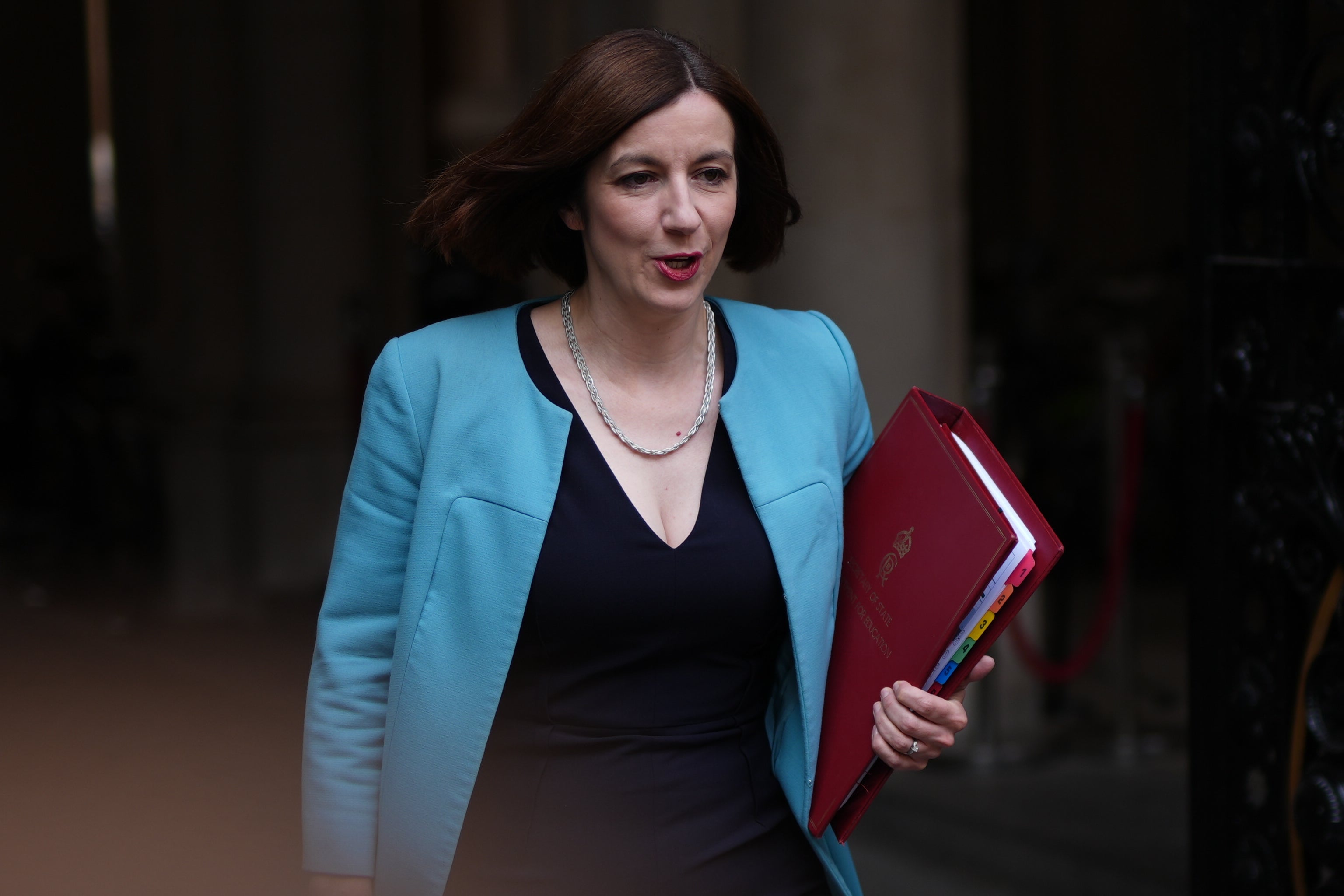Schools to teach children about spotting fake news online in curriculum overhaul after UK riots
Pupils must be ‘armed’ against ‘putrid conspiracy theories’, pledges education secretary
Schools will teach children about spotting extremist content and fake news online in an overhaul of the curriculum after far-right riots erupted across the UK.
The education secretary announced on Saturday that English, ICT (information and communication technology) and maths are among the lessons that will be used to “arm” pupils against “putrid conspiracy theories”.
Students will begin acquiring the critical thinking skills that enable identifying misinformation online as young as five, said Bridget Phillipson.
She told The Telegraph: “It’s more important than ever that we give young people the knowledge and skills to be able to challenge what they see online.
“That’s why our curriculum review will develop plans to embed critical skills in lessons to arm our children against the disinformation, fake news and putrid conspiracy theories awash on social media.

“Our renewed curriculum will always put high and rising standards in core subjects first – that’s non-negotiable. But alongside this we will create a broad, knowledge-rich curriculum that widens access to cultural subjects and gives pupils the knowledge and skills they need to thrive at work and throughout life.”
The new plans come as a 13-year-old boy was due to appear at Manchester Crown Court on Saturday charged with violent disorder offences over the riots that broke out following the killings of three young girls in Southport.
A number of false claims about the fatal knife attack, primarily disinformation about the suspect, spread widely online in the aftermath, sparking the disorder – which, in turn, triggered a fresh debate over a crackdown on social media companies.
Government sources said the risks young people face being “sucked into dangerous online spaces” were highlighted by the unrest and must urgently be addressed.
Ms Phillipson criticised the primary and secondary school curriculum for failing to “prepare enough of our children for work and for life”, as she pledged to look at “embedding” critical thinking skills across lessons in many subjects, with a view to teaching children how to spot and reject extremist content.
English classes might be used to scrutinise newspaper reports, comparing their style and language to fake news, while pupils may be taught how to identify fake news websites via their designs in computer lessons, and maths students could learn to analyse statistics in context.
Prof Becky Francis is leading the review and is set to report back next year, which would mean its recommendations could be introduced as early as September next year.
Subscribe to Independent Premium to bookmark this article
Want to bookmark your favourite articles and stories to read or reference later? Start your Independent Premium subscription today.


Join our commenting forum
Join thought-provoking conversations, follow other Independent readers and see their replies
Comments